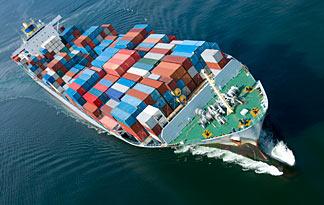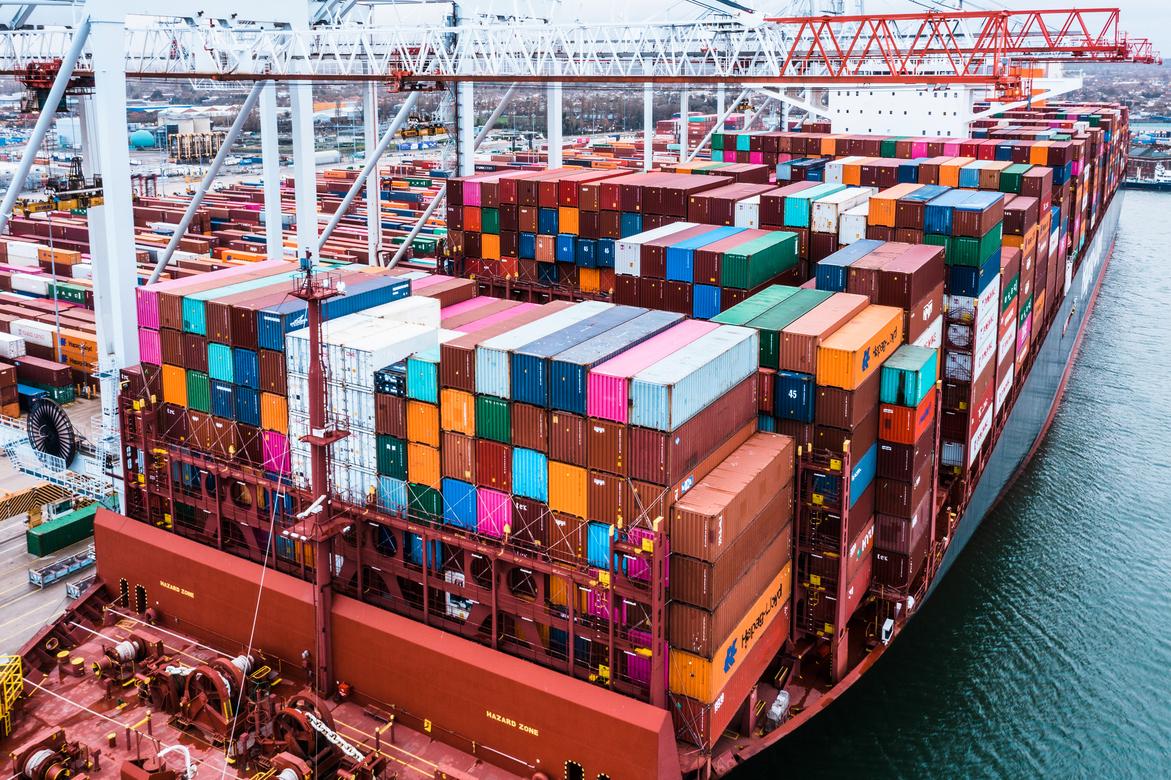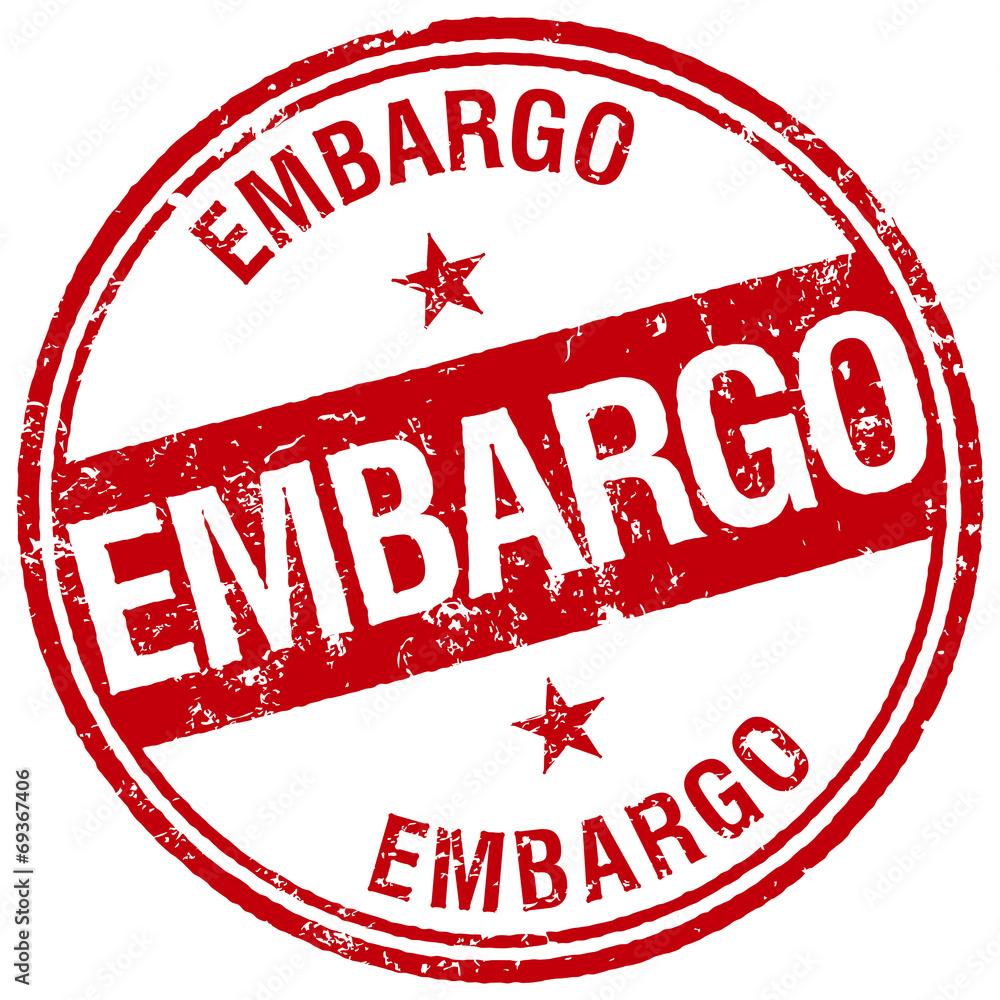In the world of international trade, the efficient movement of goods is critical. From the bustling ports to the intricate web of supply chains, every aspect of embargo logistics plays a vital role in global commerce. In this article, we will delve into the intricate world of transport and shipping under embargo conditions, exploring the challenges and strategies involved in navigating this complex landscape. Join us as we uncover the secrets behind successful embargo logistics management.
Understanding Embargo Regulations in Logistics
Embargo regulations in logistics play a crucial role in the transportation and shipping industry. Understanding these regulations is essential for companies to avoid legal issues and ensure smooth operations. An embargo is a government-imposed restriction on the movement of goods to certain countries or regions for political, economic, or security reasons.
Companies involved in logistics must stay informed about embargo regulations to comply with international trade laws. Failure to adhere to these regulations can result in hefty fines, seizure of goods, and damage to reputation. It is important to conduct thorough research and work closely with legal advisors to navigate the complex world of embargo regulations.

Key Considerations for Transporting Goods under an Embargo
When transporting goods under an embargo, there are several key considerations that must be taken into account to ensure compliance with the regulations in place. One important factor to consider is the specific restrictions imposed by the embargo on the types of goods that can be transported. It is essential to accurately classify the goods being transported to avoid any potential violations.
Additionally, it is crucial to carefully vet all parties involved in the transportation process, including carriers, brokers, and freight forwarders, to ensure that they are not on any sanction lists. Proper documentation and record-keeping are also vital to demonstrate compliance in the event of an audit. By staying informed about the latest developments in embargo regulations and closely monitoring all aspects of the transportation process, companies can navigate the complexities of transporting goods under an embargo successfully.

Best Practices for Shipping to Countries under Embargo
When it comes to shipping to countries under embargo, there are several best practices that businesses must adhere to in order to ensure compliance with international regulations and avoid potential penalties. One important aspect to consider is conducting thorough research on the specific embargoes in place for the country you are shipping to. This includes understanding the restrictions on certain goods and materials, as well as any documentation requirements that need to be met.
Another key best practice is working with a reputable shipping provider that has experience navigating the complexities of embargoed countries. Ensure that your shipping partner is well-versed in the regulations and has a strong track record of compliance. Additionally, consider utilizing secure and traceable shipping methods to safeguard your goods and ensure they reach their destination without any issues.
To Conclude
In conclusion, embargo logistics play a crucial role in navigating the complex world of transport and shipping restrictions. By understanding the intricacies of embargoes and implementing strategic solutions, businesses can effectively manage compliance and ensure the seamless flow of goods worldwide. As regulations continue to evolve, staying informed and adaptable is key to staying ahead in the ever-changing landscape of global trade. With the right knowledge and resources, businesses can successfully navigate the challenges of embargoes and continue to thrive in the competitive world of international commerce.
